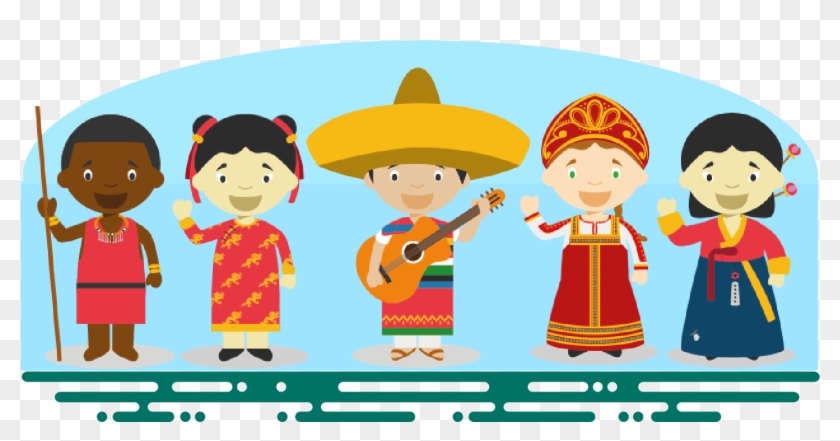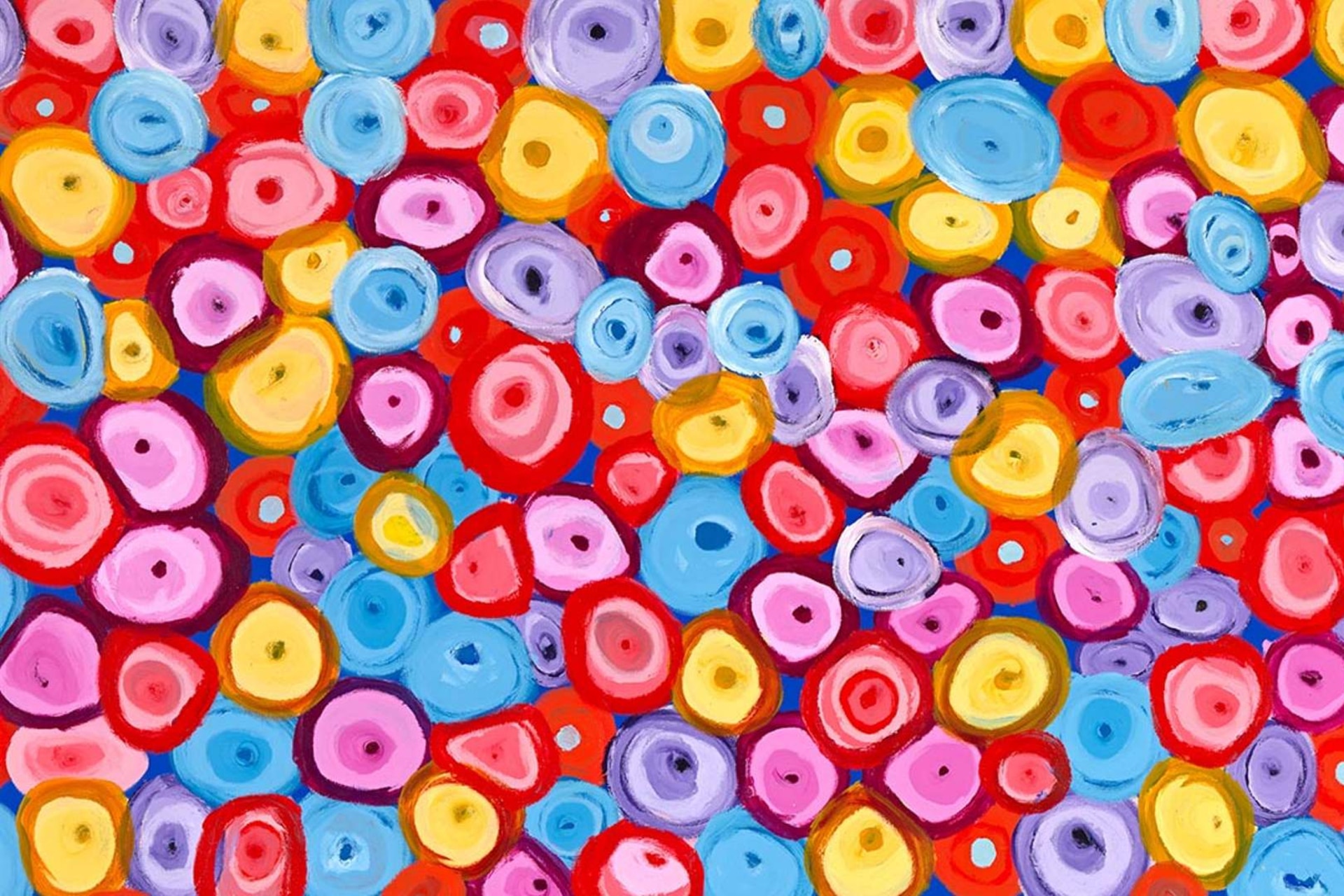Question 3.
a. What is a health promotion intervention you envision yourself completing in the future? Why are you interested in this?
I am interested in working with multicultural groups such as refugees and asylum seekers in preventing the manifestations of oral health complications. I am interested in this as my extended family in the Philippines suffers from a lack of oral health education and therefore has resulted in tooth decay and other oral health issues. Since myriads of asylum seekers and refugees are originally from 3rd world countries or countries that lack basic human rights and access to public dental/ medical services.
b. Aside from a formal intervention, how will you incorporate your knowledge gained from this subject into your clinical practice as an OHT?
The knowledge gained from 204 will ultimately enable me to become a culturally competent and culturally sensitive OHT. For example, when I have Indigenous Australian patients, I will ensure that my communication is respectful and ensure that they feel safe and comfortable in the dental environment. I will also take into consideration the history of Indigenous Australians within Australia. Additionally, I will be empathetic towards patients since they are not always in control and their social determinants play a major factor in their attitudes and behaviors towards their oral health.


